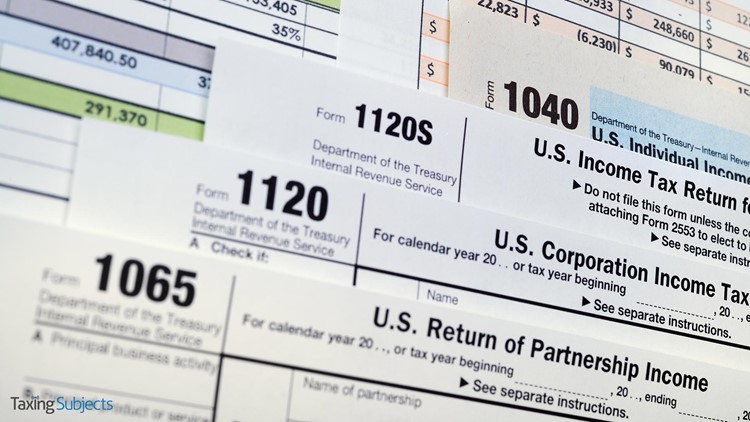New Protections Coming for Business Returns

No doubt individual returns have gotten the bulk of press coverage on identity theft recently. But fraudsters and identity thieves have begun to include businesses and non-profits in their list of targets.
To counter the threat, the Security Summit—a partnership between the IRS, state tax agencies and tax industry leaders—has come up with some strategies to counter this new threat.
The Internal Revenue Service will be asking tax professionals to gather more information from their business clients; the data will help the IRS to authenticate that the return being submitted is really a legitimate return—and not an identity-theft return.
Some of the new questions people may be asked to provide when filing their business, trust or estate client returns include:
- The name and Social Security number of the company individual authorized to sign the business return. Is the person signing the return authorized to do so?
- Payment history—were estimated tax payments made? If yes, when were they made, how were they made, and how much was paid?
- Parent company information—is there a parent company? If yes, who?
- Additional information based on deductions claimed.
- Filing history—has the business filed Forms 940, 941 or other business-related tax forms?
In order to give tax professionals more resources against business tax return fraud, the IRS has created a new Identity Theft Guide for Business, Partnerships, and Estates and Trusts.
The Fight Against Identity Theft: Are You In?
In the effort to stop the theft of personally identifiable information, many times we as tax professionals are on the front lines of the fight. Just knowing what to look out for – keeping a health suspicion of any unsolicited emails, for example—can go a long way to keeping our clients data safe.
IRS Commissioner John Koskinen urges all tax pros to maintain due diligence practices regarding email requests for personal information and to be on the lookout for phishing emails.
“We know that cybercriminals are planning for the 2018 tax season just as we are,” Koskinen said. “They are stockpiling the names and SSNs they have collected. They try to leverage that data to gather even more personal information. This coming filing season, more than ever, we all need to work diligently and together to combat this common enemy. We all have a role to play in this fight.”
For the third year, the IRS and the Security Summit will use their “Protect Your Clients, Protect Yourself” campaign to keep awareness high and funnel vital information to tax professionals that can help counter the identity theft threat.



